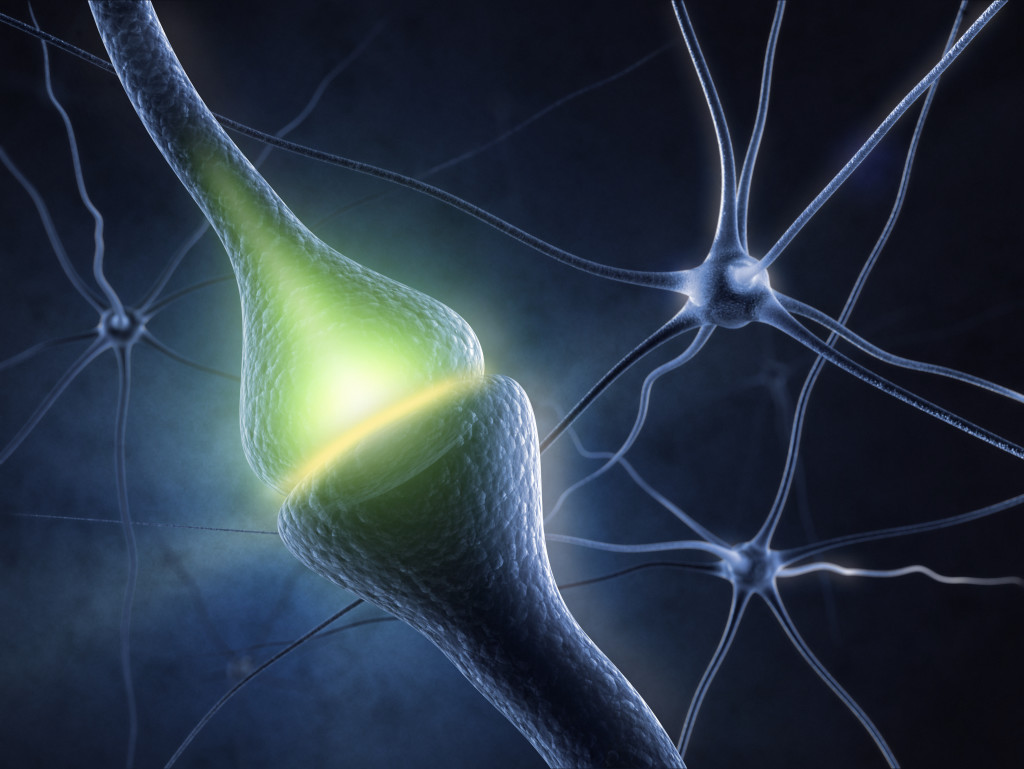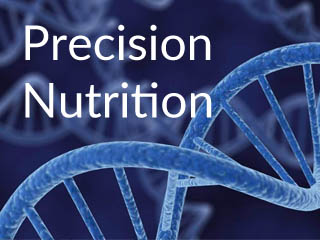Magnesium is a very important mineral in the body that contributes to many health related issues. It is a cofactor for hundreds of enzymatic processes in the body. It’s involved in protein synthesis, blood sugar and blood pressure regulation, and muscle and nerve function. Pretty much everything!
It is estimated that about 60% of the population is deficient in this mineral. Gut health is highly important for the absorption of this mineral. The Western diet may be contributing to the high level of deficiency. Much of our food may be lower in magnesium content because of the way we farm. Low crop rotation and the use of chemicals and pesticides may contribute to reduced soil content. Animals that only eat corn and soy feed are also deficient.
Foods high in magnesium are quality protein found in animal proteins, fish, and milk products like yogurt, but also legumes, and whole grains. It’s especially high in nuts and leafy green vegetables such as almonds, cashews and spinach.
Prolonged exercise and or high intensity exercise also causes a higher need for magnesium. As a matter of fact, leg cramping is many times due to magnesium and potassium depletion. Dehydration also contributes to imbalances with these minerals also known as electrolytes. You may not realize that many elite marathoners that collapse from a heart attack are actually having an imbalance in electrolytes. It’s important for athletes and anyone exercising to replenish with nutrient dense foods high in magnesium and potassium daily. It is also helpful for those working in hot weather for prolonged times to replenish with electrolyte type beverages that contain magnesium, not just potassium.
Heart palpitations and irregular heart beats (remember, your heart is a muscle) have been linked to magnesium deficiency. Many issues with heart irregularities can be resolved by supplementation of magnesium.
Magnesium has also been used in higher doses for constipation because of it’s muscle relaxing qualities. Dosing is highly individual and different forms of magnesium may work better than others. Many turn to Epsom salt baths because it contains this mineral and causes a relaxing feeling as it’s absorbed through the skin.
Migraines are sometimes a result of magnesium deficiency because of magnesium’s role in the conversion of neurotransmitters. Certain forms of magnesium work better for neurological health because of it’s transport ability across the blood brain barrier. Magnesium glycinate has been studied to be profoundly more effective than citrate or oxide forms for this particular issue. Magnesium may also relieve migraines that are linked to neck and posture issues that create muscle strain.
Magnesium’s role in neurotransmitters, especially dopamine and serotonin, has been linked to mood, behavior, appetite, cognitive function, sleep and stress. Magnesium can be a helpful sleep aid by helping to rebalance neurotransmitters and modulate the stress response. It’s been shown to help modulate an excitatory neurotransmitter called glutamate resulting in more feelings of calmness.
The kidneys are the primary organs involved in magnesium balance. Magnesium has been shown to compete with calcium to clear oxalate. When calcium binds with oxalate, a crystal is formed. Improper detoxification of these crystals can lead to hard stones. If magnesium binds with oxalate, the crystals tend to be more soluble and easy to break down for elimination. Hydration is extremely important for this process.
You can understand why gut health, intake, and kidney function are so important to overall health, but how do you know if you’re deficient in magnesium? Many blood tests are deficient when it comes to measuring magnesium mainly because most magnesium is within your bones and cells, not floating freely in your blood A better test to see if you are magnesium deficient is the magnesium urine test. Long term deficiencies may be better assessed through white blood cell testing. Symptoms continue to be the number one way to examine if there is a potential deficiency. Magnesium in high doses may interfere with some medications so be sure to talk to your healthcare professional before supplementation.
The best way to replenish magnesium is to eat high quality protein, leafy greens, avocado, nuts, legumes and the occasional dairy and whole grains. For more information on supportive sport drinks and supplements with magnesium, contact me via info@eatwellandbeyond.com or visit the store tab on the home page of this website.





 Providing nutritional therapy and lifestyle education for disease prevention and weight management....
Providing nutritional therapy and lifestyle education for disease prevention and weight management....